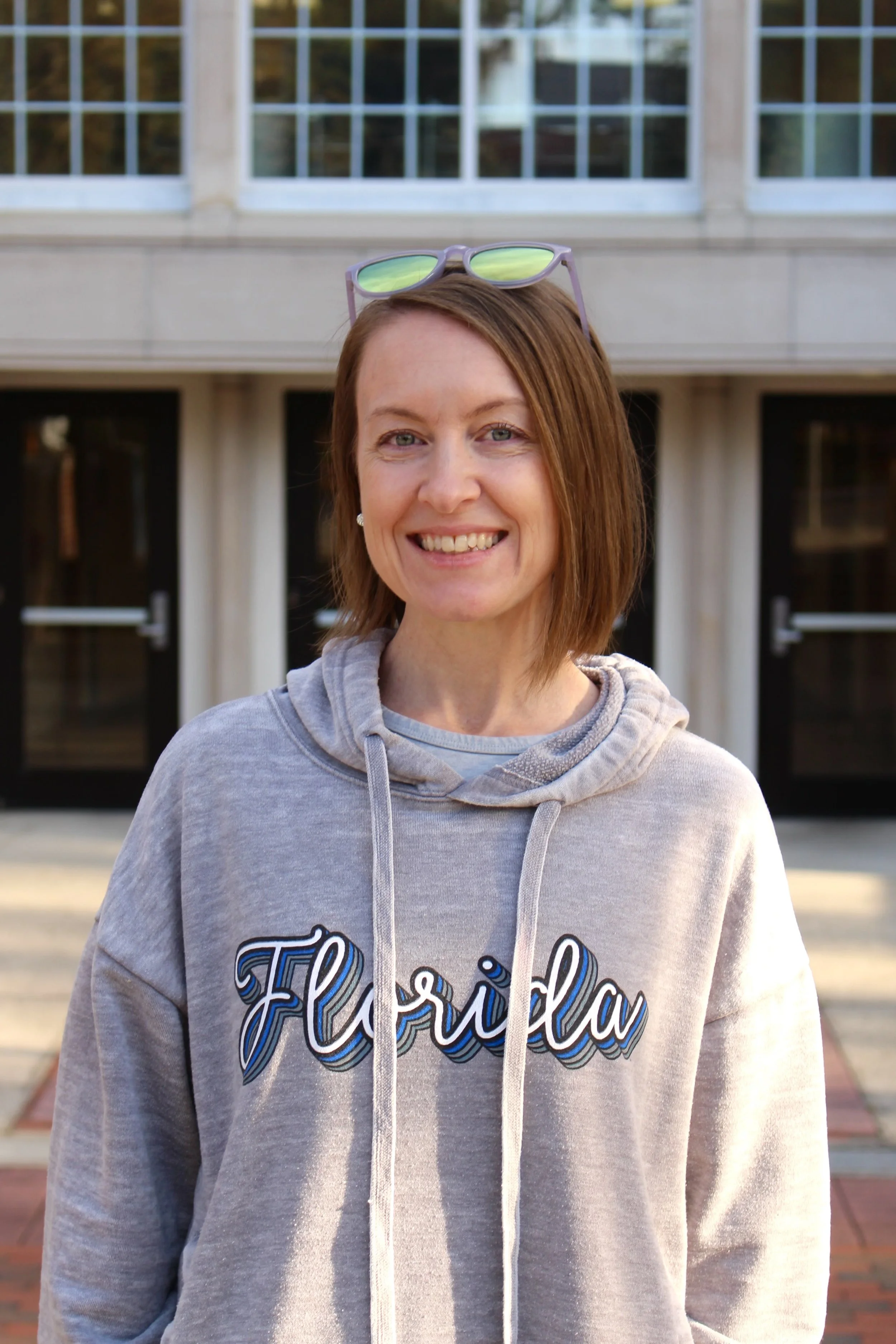Dr. Ahlgren
If you’re reading this, I need you to know that your story matters.
I want to tell you about a student who shared something with me that forced me to take a long hard look at myself and my beliefs about students. Now hear me out….I love students. I always have. Students are people, and I’m a people-person. But THIS student checked my ego and put me on a path of self-analysis that I didn’t know I needed.
This was around 10 years ago. There were about six students in my office following an exam. One student was telling us about someone sitting beside them who had fallen asleep during the exam. She wasn’t sure what to do: should she wake the student, call me over to wake them, or just let them sleep? We all pressed for what she decided. She lucked out because the sleepy student finally lifted their head and started working. I then shared, in a kind of annoyed tone, that students regularly fall asleep during my exams. I went on to complain that no matter how often I warn students to not pull all-nighters cramming for my exams, they still do, and then they crash out during the exam or sleep through their alarms and miss it entirely. I then said that I could relate to the student. I too, am not sure of what to do when a student is asleep during one of my exams. Should I wake them up or leave them to learn their lesson for staying up all night? Everyone nodded in agreement - except one guy. THIS student said, “As someone with narcolepsy, please wake me up if I fall asleep in your exam.” We all paused for a moment to process what he said, and he continued to explain that he has to maintain a very regimented sleep routine due to his medical condition. Regardless, he often falls asleep when he feels intense stress — like when he’s studying for or even taking an exam. In fact, his falling asleep during high school exams is what led to his diagnosis in the first place! [**internal note to self: look up narcolepsy…also, you are such a JERK for automatically assuming anyone asleep in your exams is a delinquent…geez.]
This student told me later that he did not share his condition with his instructors because he didn’t really think it was necessary and didn’t particularly like talking about it. But he said that he felt compelled to say something that day…that it was kind of a perfect moment to mention something mildly embarrassing. And I am forever grateful he did. I am a completely different (hopefully better) educator because of his willingness to share. This 3-minute moment of vulnerability changed my life and changed the way I have interacted with every single student in every single one of my classes since.
What you have going on in your life – what you are experiencing now or have previously experienced – has the potential to shift someone’s perspective. Maybe in a small way or maybe in a major way. Regardless, tell your story. It matters.
Dr. Ahlgren, University of Florida
Connect With Us
To follow IfYoureReadingThis at UF on Instagram, get in touch with our chapter, and learn about more resources available to UF students, visit our chapter’s homepage.
AUTHOR CONTACT
This author has opted to allow readers who resonate with their story to contact them. If you would like to speak to the author of this letter about their experience, please use the form below.

